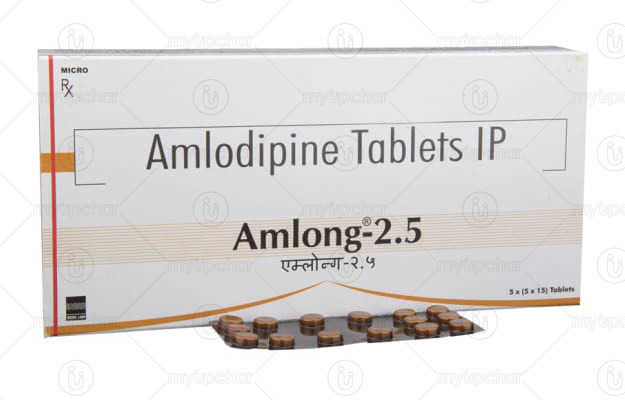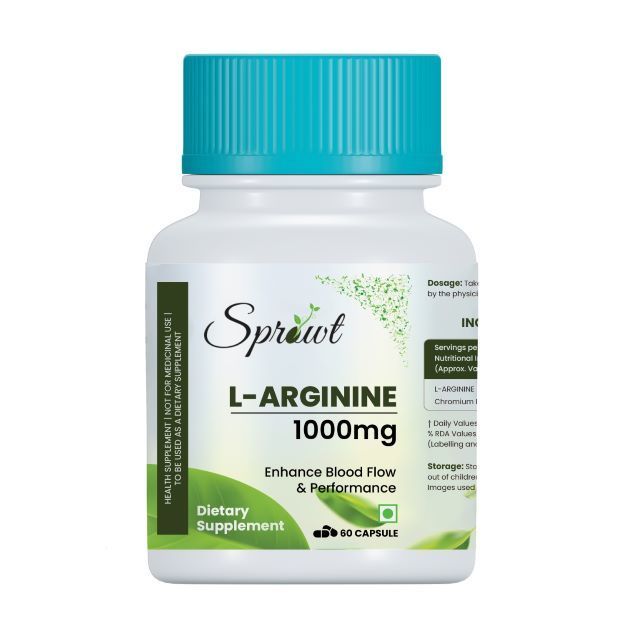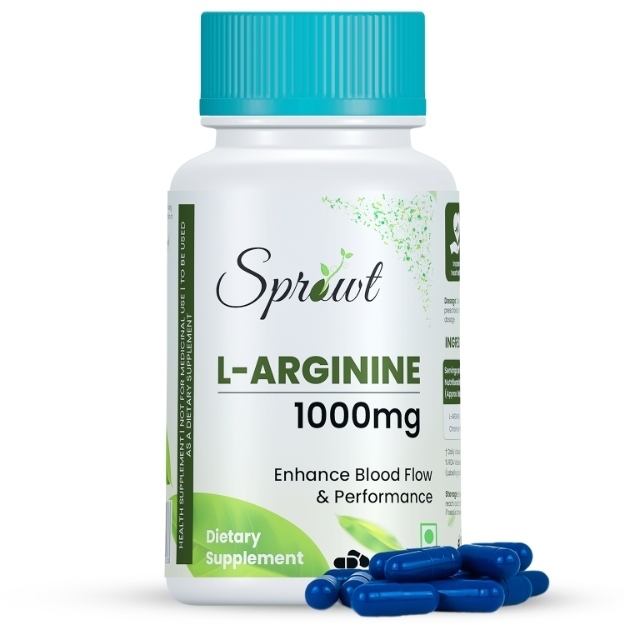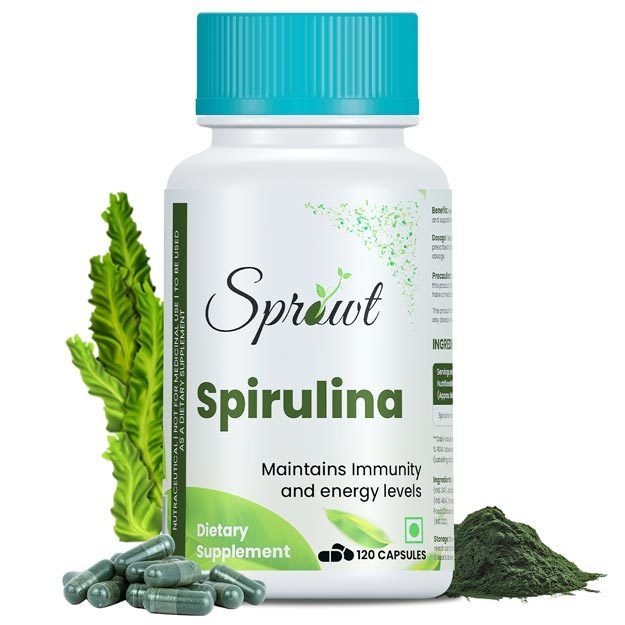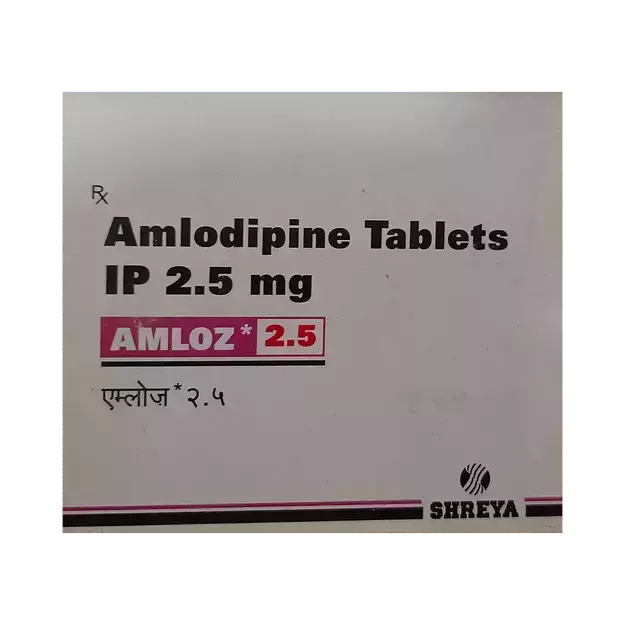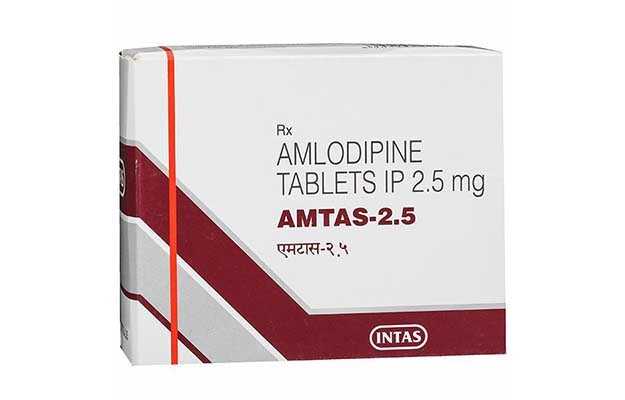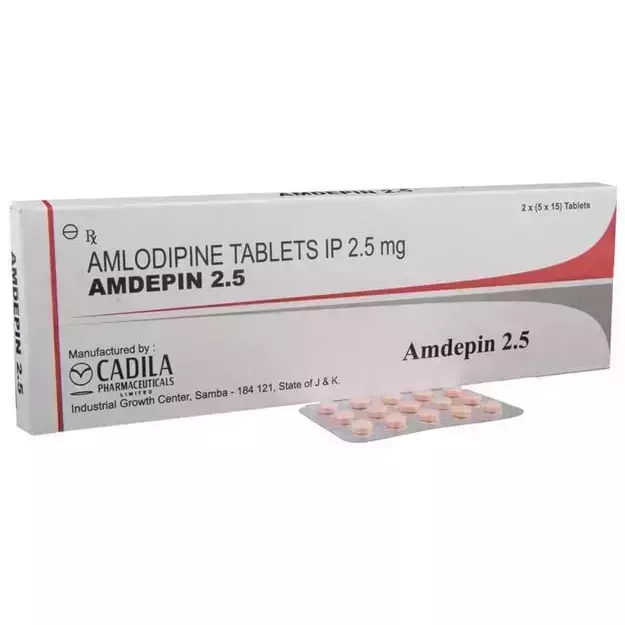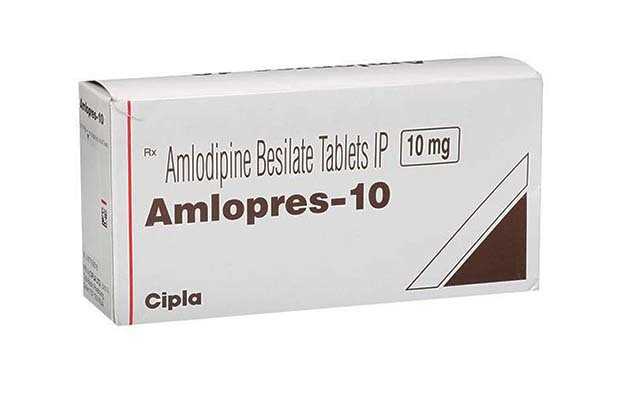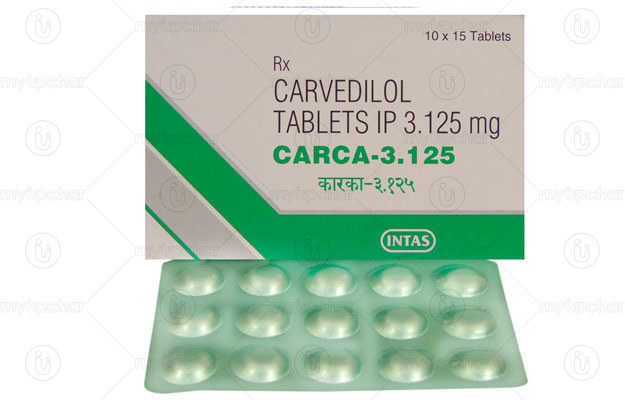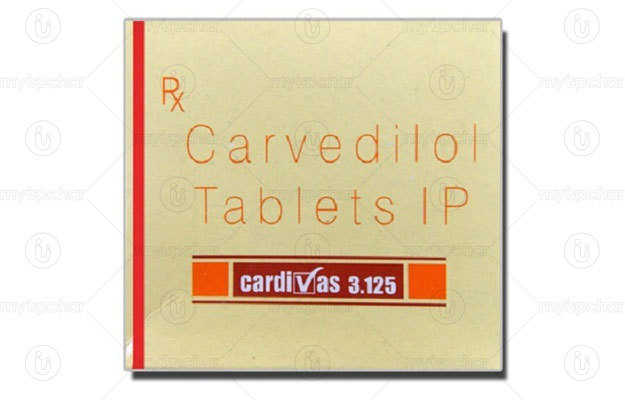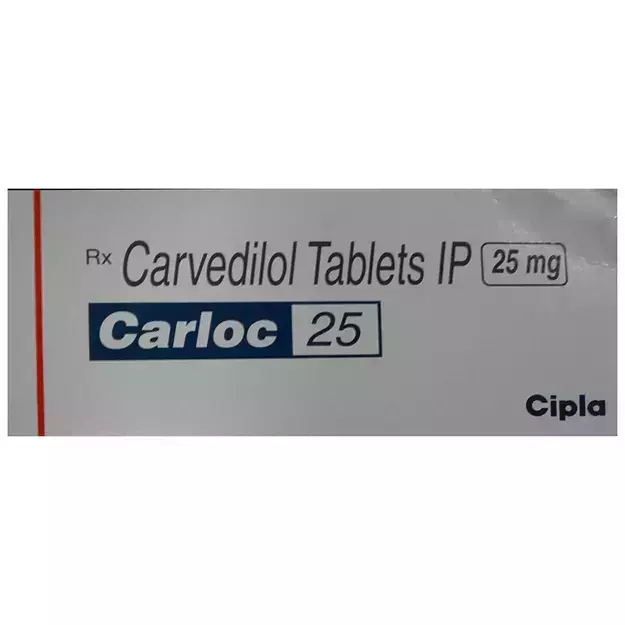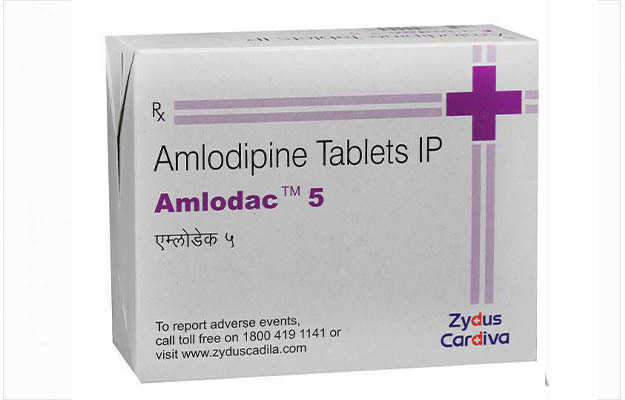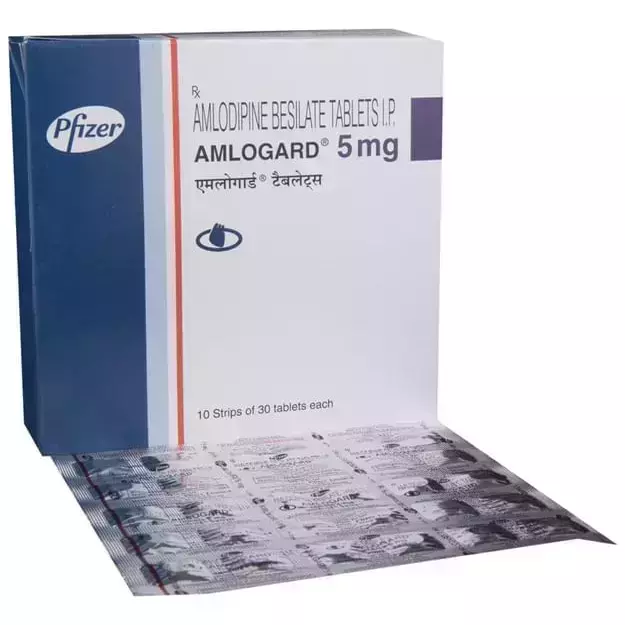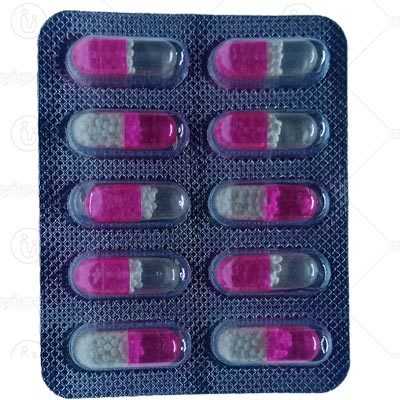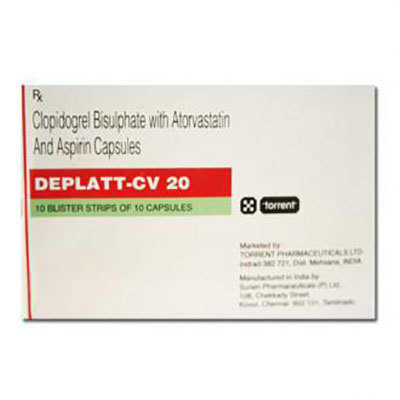Amlong- 2.5 Tablet (15) is a prescription medicine that is available as a Tablet. Primarily, it is used for the treatment of High BP. Secondary and off-label uses of Amlong- 2.5 Tablet (15) have also been mentioned below.
The optimal dosage of Amlong- 2.5 Tablet (15) is largely dependent on the individual's body weight, medical history, gender and age. Individual symptoms and route of administration also determines the right dosage. This information has been provided in detail in the dosage section.
Apart from the aforementioned side effects, Amlong- 2.5 Tablet (15) can also lead to other problems, which have been listed below. Usually, these side effects of Amlong- 2.5 Tablet (15) go away soon, and do not persist beyond the duration of the treatment. Please speak with your doctor if these side effects worsen or persist for a longer duration.
Amlong- 2.5 Tablet (15)'s effect during pregnancy is Severe and Unknown while nursing. It is important to know if Amlong- 2.5 Tablet (15) has any effect on the kidney, liver and heart. Information on such adverse effects, if any, has been given in the Amlong- 2.5 Tablet (15) related warnings section.
Amlong- 2.5 Tablet (15) is contraindicated in people with pre-existing medical conditions like Low Blood Pressure (Hypotension), Coronary Artery Disease (CAD), Liver Disease as it can result in adverse effects. Some other conditions that can be affected by Amlong- 2.5 Tablet (15) are listed in the contraindications section below.
Additionally, Amlong- 2.5 Tablet (15) may also adversely react with other medicines. A complete list of these interactions is given below.
Along with the above-mentioned precautions, remember that taking Amlong- 2.5 Tablet (15) is considered safe while driving, and is addictive.
X

